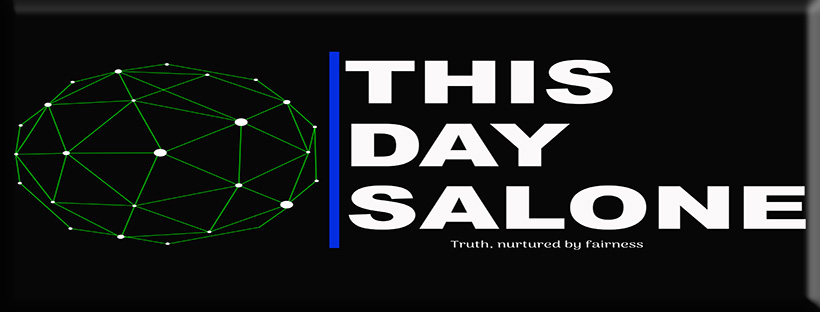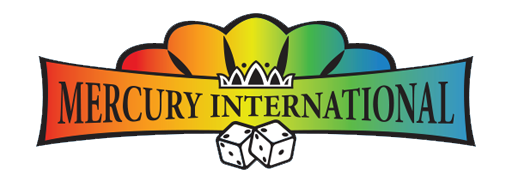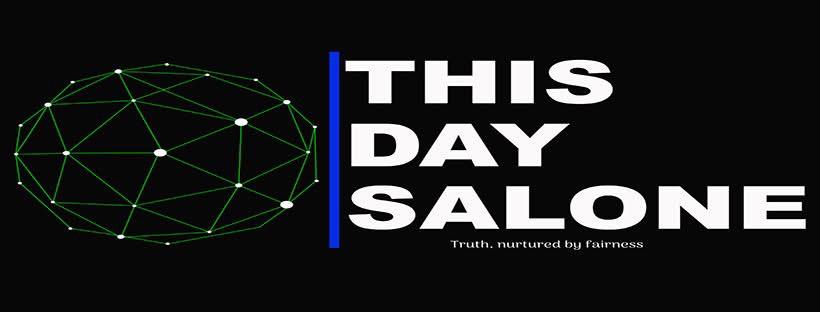By Beamie-Moses Seiwoh
In August 2020, once I had acclimated to my work and life in DR Congo, by establishing connections, adapting to the local culture, and starting to make a meaningful contribution in my position with the United Nations Mine Action Service, I received a reassignment to Iraq with the United Nations Development Programme. However, my deployment was postponed due to the global COVID-19 pandemic and the ensuing lockdowns, leading me to work remotely from my home in Freetown for six months. This time enabled me to reconnectand strengthening my connections with family and friends, offering essential emotional support during a difficult period.
During my time at home, I informed my family and friends about my reassignment to Iraq. Their responses varied; some were enthusiastic, while others raised concerns influenced by the dominant narratives in global media, which frequently portrayedIraq as a country beset by conflict and political instability. This narrow perspective tends to overshadow Iraq’s resilience, its continuous pursuit of post-conflict stability, and the depth of its hospitality, history, and cultural heritage.
The Various Aspects of International Civil Servants
After spending six months working remotely and strengthening my connections with family and friends in Sierra Leone, I was set to depart once more, this time heading to Iraq. The emotional burden of my family’s fears and anxieties was evident, fostering an environment filled with worry and concern, largely influenced by the dominant portrayals of Iraq in global media. In anticipation of this journey, I reached out to two Sierra Leoneans employed by the United Nations Assistance Mission for Iraq, who provided encouraging perspectives on life there, helping to alleviate the concerns my family and friends had about my safety during time abroad.
On 20 February, I left Sierra Leone for Iraq, a departure marked by heartfelt embraces, tearful farewells, and commitments to maintain communication. As international civil servants, we endure significant sacrifices in our commitment to serve humanity, with some colleagues even making the ultimate sacrifice in their line of duties — brutally killed, injured,kidnapped, harassed, and detained. We often leave our families behind, as they cannot accompany us to certain duty stations due to security and hardship issues, which is the most challenging aspect—consider the impact of your children growing up without your presence. We operate in perilous and life-threatening conditions, endure uncomfortable living situations, and frequently miss important events at home, as well as the typical experiences of life, for much of our adult years.
Although numerous individuals prioritize salaries and working conditions of international civil servants, no amount of compensation can truly reflect the sacrifices we endure. However, we find great fulfilment in the positive influence of our work—the lives we affect and save, along with the progress we make towards a better world. We are grateful for technology, which enables us to maintain connections with our family and friends, even if it cannot fully close the emotional distance caused by our absences.
Beyond Media Stereotype
As a Sierra Leonean with a background in post-conflict countries, I understood that although Iraq encountered difficulties, the prevailing narratives in global media frequently overlooked the complete reality. I was resolute in my desire to experience Iraq directly, observe the resilience and fortitude of Iraqis, and play a role in the country’s recovery.
On 22 February, I arrived in Erbil, the capital of the Kurdistan Region, and was captivated by the lively nightlife, the brightly lit streets, and the sounds of Iraqis enjoying their evenings. This atmosphere reminded me that happiness can thrive even amidst challenges, instilling a sense of optimism about my time in the country. During my stay in Iraq, I journeyed through the governorates of Anbar, Diyala, Kirkuk, Ninewa, and Salah al-Din, where I encountered the bouncy spirit of the Iraqis. Their warm welcome was both humbling and uplifting. The kindness and attention I received made me feel more than just an international civil servant, I felt a deep connection to the Iraqi identity.
My time spent abroad reinforced the idea that “home” goes beyond physical location, it encompasses feelings of safety, belonging, and acceptance, regardless of one’s nationality. During my nearly five years in Iraq, the country evolved from being merely a place of duty to my chosen home, nurturing a deep sense of belonging through the relationships I built and the communities I became part of. The friendships I developed and the support I received from the Iraqis made me feel valued and welcomed, strengthening my conviction that home is shaped by connections that surpass cultural boundaries.
A Farewell, Not A Goodbye
My relocation to Iraq marked an exploration into uncharted territory. Similar to many others, my views were shaped by the representations in the media. Nevertheless, the Iraq I encountered over nearly five years was far more vibrant and inviting than I had expected. The kindness and hospitality of Iraqis were particularly memorable, as I enjoyed traditional meals like masgouf and participated in lively discussions over chai, fostering connections of understanding and trust. During my time in Iraq, I supported UNDP’s Security Sector Reform and Rule of Law, and Stabilization efforts, contributing to rebuilding Iraq better.
On 15 January 2025, my journey in Iraq, a country that I had embraced as my home, came to a poignant conclusion. During my time there, I experienced not only professional growth but also forged personal relationships that crossed cultural divides. Upon notifying my colleagues and stakeholders about the end of my assignment in Iraq and my upcoming relocation to Papua New Guinea, they reacted with a mix of joy and sorrow. They organized farewell lunches and dinners in my honour, presenting me with thoughtful gifts and expressing sincere gratitude for my contributions to the country, along with best wishes for my new role.
Upon departing from Iraq, I carried with me a sense of optimism, reflecting on my contributions to the country. The friendships and memories I created will forever be valued treasures. As I look forward to reuniting with my Iraqi family, I express my heartfelt gratitude by saying “shukran jazeelan” (thank you very much) for embracing me as one of your own and for enlightening me on the significance of human connection.
Beamie-Moses Seiwoh
Editorial Note: Seiwoh is a Development and Humanitarian Practitioner. The views and opinions expressed in this article are solely his own and do not reflect the official policies, positions, or views of any affiliated organization. Seiwoh writes in a personal capacity, and any interpretations, conclusions, or recommendations made are entirely his.




